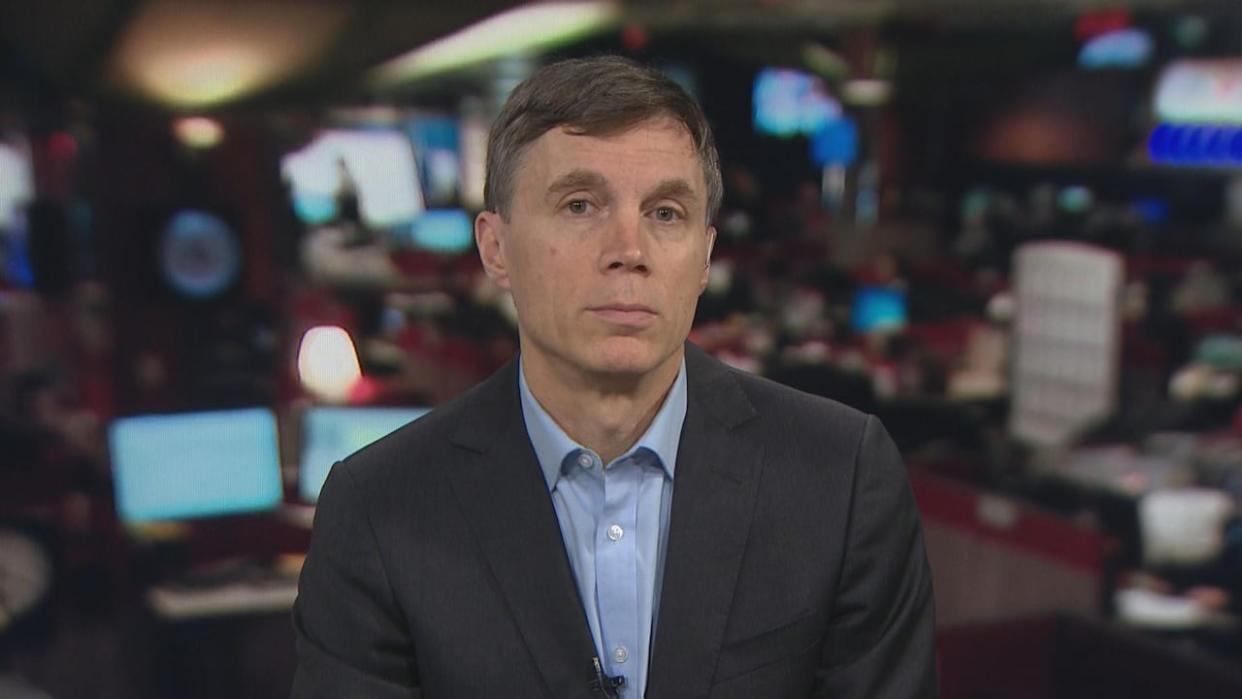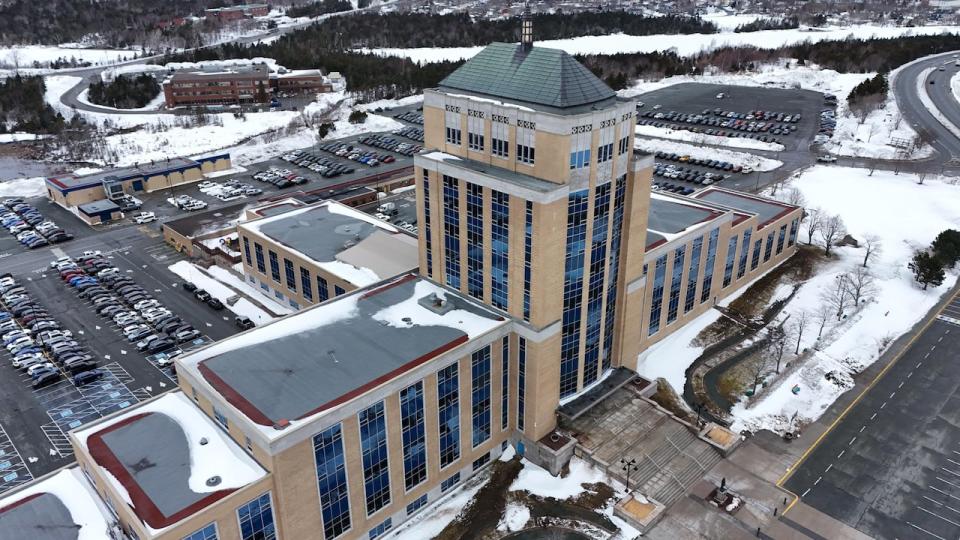Democracy watchdog says it's 'unethical' for N.L. to not have a ban on corporate donations


Duff Conacher, co-founder and director of Democracy Watch, calls Newfoundland and Labrador's lack of a cap on corporate political donations 'unethical and undemocratic.' (CBC)
The director of a democracy watchdog says Newfoundland and Labrador's lack of a ban on political donations from corporations and unions — along with a low limit on individual donations — is undemocratic and sends a message that elections are up for sale.
Newfoundland and Labrador is one of three provinces and territories — along with Saskatchewan and the Yukon — that don't ban corporate and union donations and limit donations from individuals. Duff Conacher, director and co-founder of Canadian non-profit and non-partisan organization Democracy Watch, says it's problematic to not ban those donations and not have a low limit on individual donations.
"Essentially it's a 'best government money can buy' system as opposed to a democratic, ethical system. And it's essentially saying that politicians and political parties and the government are up for sale, and the highest bidder gets what they want," Conacher told CBC News in a recent interview.
"It's unethical and undemocratic."
Other provinces, like Nova Scotia, Manitoba and Alberta, have banned corporate or organizational donations to political parties. All other provinces and the federal government have banned corporate and union donations and limited annual individual donations to amounts ranging from $100 in Quebec to $1,200 in British Columbia to each party and its riding associations, up to amounts from $3,000 to $5,000 to each party at the federal level and in provinces like Ontario and Nova Scotia, plus an additional $3,000 to $5,000 combined total to each party's riding associations.
Conacher said allowing donations from companies and unions or large donations from individuals allows them to influence decisions and government policy.
"[Not having a ban and a low limit like Quebec has] doesn't make sense if you actually care about voters and voters' concerns, because you're essentially allowing big businesses and big unions … to buy influence and buy the decisions they want," he said.

Newfoundland and Labrador is one of only three provinces and territories in Canada without a cap. (Danny Arsenault/CBC)
Voters in the districts of Conception Bay East-Bell Island and Fogo Island-Cape Freels have been to the polls in recent months, and residents in Baie Verte-Green Bay will also have a byelection on May 27.
Conacher wants to see the province adopt a cap quickly.
"If any politician says, 'Oh, well, these donations don't have any influence over me,' they are essentially saying, 'I'm not human,'" Conacher said.
LISTEN | Duff Conacher speaks with CBC Newfoundland Morning's Leigh Anne Power:
"Even small gifts have influence over decisions. And of course big donations are big gifts, and are very important to parties and politicians. And so of course they influence their decision making."
CBC News asked each of Newfoundland and Labrador's three political parties for their thoughts on capping corporate and union donations.
Speaking with CBC News last week, New Democratic Party president Raj Sharan endorsed a cap.
"The core concept of having a democracy is to make it free and fair. We should have it as one person, one vote, and therefore the influence of money should be minimized in the process. And right now, we're pretty wide open in our province to having the ability to influence," he said.

Raj Sharan, president of Newfoundland and Labrador's New Democratic Party, says a cap on corporate political donations would improve the fairness of future elections. (Alex Kennedy/CBC)
Sharan said there are other changes that could come with a cap, like the elimination of out-of-province donations. Such donations are allowed under current legislation. Sharan said the NDP doesn't accept out-of-province donations, but an NDP spokesperson later corrected him, saying the NDP does accept out-of-province donations and that Sharan meant to say they don't accept out-of-province memberships.
Changes to corporate donations could be possible for the next provincial or federal election, he added, but said he's not sure the political will exists to do so.
"It's not like they can't pass legislation to achieve this, but setting up an all-party committee as soon as possible would be the best and fairest thing for the citizens of Newfoundland and Labrador," he said.
"Can action take place? It certainly can. Do I feel confident that it will take place? Not really."
In an emailed statement to CBC, Liberal spokesperson Meghan McCabe said they welcomed an all-party committee to modernize the Elections Act of 1991, and that the party looks forward to introducing amendments in the future.
PC Party spokesperson Nathan Ryan also sent CBC an emailed statement, saying they'd welcome a review of the Elections Act and are committed to a fair and democratic political process.
In response to an inquiry directed at Liberal government House leader John Hogan, media spokesperson Jeremy Reynolds said the province is continuing work on the all-party committee.
However, the NDP's Sharan said both his party and the PCs have removed themselves from the committee, citing unequal representation of the parties.
Download our free CBC News app to sign up for push alerts for CBC Newfoundland and Labrador. Click here to visit our landing page.


